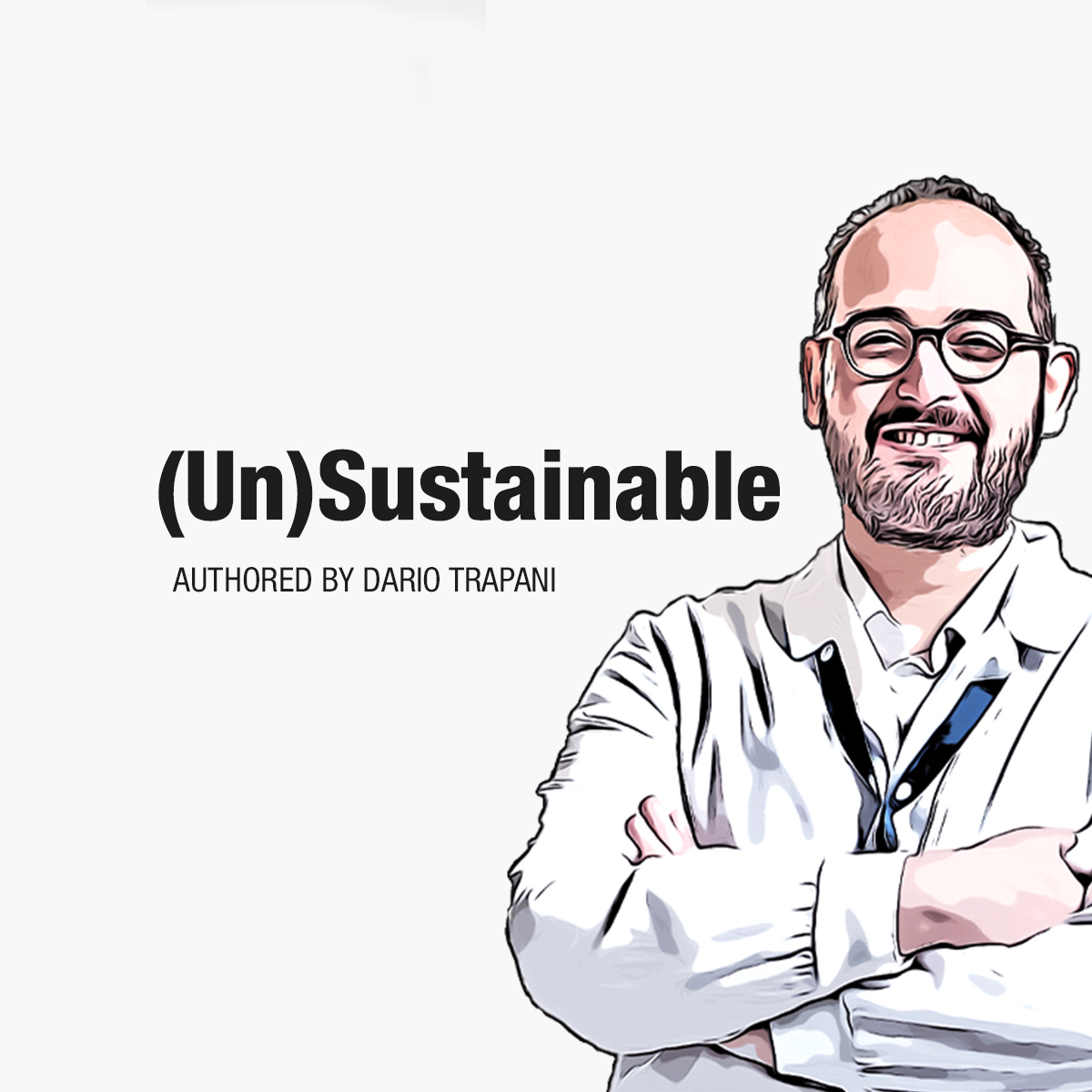PANCREATIC CANCER

RAS inhibition: a game changer in pancreatic cancer?
Preclinical findings show antitumour activity of triple KRAS inhibition in mouse models, but it will take years of rigorous research to assess its clinical efficacy in oncology patients
Research in pancreatic adenocarcinoma targets antibody-drug conjugates and oncolytic viruses
While telisotuzumab adizutecan demonstrated early antitumour activity, only modest benefits were seen with VCN-01 added to standard care
Novel KRAS G12C and G12D inhibitors show early signs of activity in advanced solid tumours
As it emerges from some studies presented across different cancers, toxicity remains a major challenge
LATEST NEWS

Rethinking the immunotherapy paradigm for a sustainable and equal cancer care
Dose optimisation of immune checkpoint inhibitors may help address current healthcare resource constraints and improve treatment access
Study supports radiomics in predicting immunotherapy effectiveness in advanced NSCLC
In a real-world study, multimodal artificial intelligence models outperform PD-L1 across key endpoints
Next-generation KRAS G12C inhibitor shows promising activity in advanced colorectal cancer
Manageable safety and encouraging antitumour responses were presented with MK-1084 monotherapy and combination regimens
AI & DIGITAL ONCOLOGY

The first ESMO guidance for AI-based biomarkers
In a newly released framework paper, ESMO defines criteria for assessing and implementing AI-based biomarkers in oncology
Harnessing Large Language Models in oncology: ESMO’s framework for integration in the clinic
The ELCAP statements, developed by a group of international experts, help oncology stakeholders recognise the opportunities and the risks of these artificial intelligence systems by categorising them into three types
AI model boosts survival prediction accuracy after neoadjuvant chemotherapy in breast cancer
A study compared the performance of different models using routinely collected clinicopathological data from women with HR-positive/HER2-negative breast cancer


 Berna Özdemir
Berna Özdemir
 Umberto Malapelle
Umberto Malapelle
 Jakob N. Kather
Jakob N. Kather
 Sine Reker Hadrup
Sine Reker Hadrup
 Eileen Poon
Eileen Poon